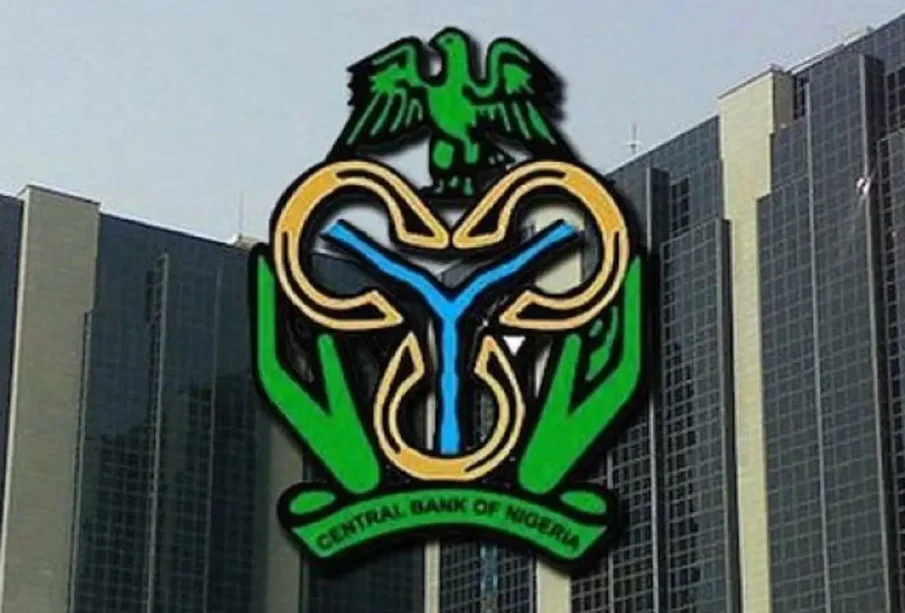
The Central Bank of Nigeria (CBN) and the Nigerian Communications Commission (NCC) have issued a final directive to Deposit Money Banks (DMBs) and Mobile Network Operators (MNOs) to resolve the long-standing ₦250 billion Unstructured Supplementary Service Data (USSD) debt dispute.
As regulatory agencies of the Federal Government, the CBN and NCC outlined their directive in a joint circular dated December 20, 2024.
The circular was signed by Oladimeji Taiwo, Acting Director of Payments System Management at the CBN, and Chizua Whyte, Head of Legal and Regulatory Services at the NCC.
CBN
The document, obtained exclusively by Punch Online, sets forth a structured repayment plan for the debt and establishes new operational guidelines for USSD services.
Key Provisions of the Directive
Pre-February 2022 Debts
DMBs must pay 60% of all debts accrued before the introduction of Application Programming Interfaces (APIs) in February 2022.
This payment will be considered as full and final settlement.
Payment agreements (lump sum or installment) must be concluded by January 2, 2025, with full payment due by July 2, 2025.
Post-February 2022 Debts
Banks are required to settle 85% of all outstanding invoices by December 31, 2024.
For future invoices, 85% must be paid within one month of issuance.
Litigation and Compliance
All ongoing legal disputes related to USSD debt must be discontinued.
Non-compliance with the payment terms will attract severe sanctions from the regulators.
“In light of the above, the CBN and NCC direct all DMBs and MNOs to comply strictly with the payment terms to achieve a final resolution of this matter. Failure to comply will result in sanctions,” the circular stated.
Shift to End-User Billing
The directive also mandates a transition to end-user billing (EUB) for USSD services, applicable only to banks and telcos that fulfill the outlined payment obligations. Pending this transition, operators must adhere to a “10-second rule,” where sessions lasting less than 10 seconds will not incur charges.
Banks using prepaid billing systems may migrate to EUB with regulatory approval.
Implications and Background
The directive comes amid rising pressure from telecom operators, who have called for a clear payment framework to address the debt, which has strained relationships between the banking and telecommunications sectors.
USSD services are crucial for financial inclusion in Nigeria, particularly in rural areas with limited smartphone penetration and internet access. Banks rely on USSD for mobile banking, airtime top-ups, bill payments, and other services.
The debt crisis, which has persisted for years, has led telecom operators to threaten a suspension of USSD services if payments are not made. Smaller banks have reportedly started settling their debts in installments, but major lenders responsible for the bulk of the debt have made little progress, according to Gbenga Adebayo, Chairman of the Association of Licensed Telecom Operators of Nigeria.
“Some repayments have been recorded, but they are far below expectations,” Adebayo told The PUNCH in November.
The CBN and NCC stressed that their measures aim to stabilize both the financial and telecommunications sectors, ensuring the uninterrupted availability of USSD services for Nigerians.
Leave a reply Cancel reply
More News
-
FESTAC BRANDS- EUDOKA’S PLACE GRADUATION PARTY BATCH A 2016
March 20, 2016 -
3 UNIQUE TRAITS OF SUCCESSFUL ENTREPRENUERS
September 3, 2016 -
HOW TO REGISTER A BUSINESS NAME WITH C.A.C ONLINE
August 28, 2015
Place Your Ads Here
Sponsored






